detail profile tomasz tyndyk
Peran Yang Di Mainkan Tomasz Tyndyk
 19 year old Irena Gut is promoted...
19 year old Irena Gut is promoted...Irena's Vow 2024
19 year old Irena Gut is promoted to housekeeper in the home of a highly respected Nazi officer in Poland when she finds out that the Jewish ghetto is about to be liquidated. Determined to help twelve Jewish workers, she decides to shelter them in the safest place she can think of – the basement of the German Major's house. Over the next eight months, Irena uses her wit, humour and immense courage to hide her friends as long as possible.
 Marlena 62 and Tomasz 42 hidden away from...
Marlena 62 and Tomasz 42 hidden away from...Fools 2022
Marlena (62) and Tomasz (42), hidden away from the world in a small seaside town, have been in a happy relationship for many years. Their intricately woven everyday life slowly begins to crumble when, against Tomasz’s will, Marlena allows her son to move in with them. As the past comes back to them in full force they will have to redefine their love, choices and life.
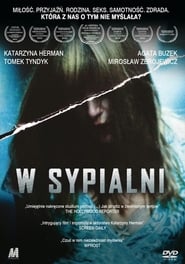 Edyta is forty and in the...
Edyta is forty and in the...In a Bedroom 2012
Edyta is forty and in the midst of a crisis. She has left her family, her husband and son and their house on the Baltic Sea behind her. She spends her nights in a Warsaw hotel room and her days driving around the unfamiliar city. When she runs out of cash, she hatches a plan: An ad in the newspaper – sex for money. Edyta never lets things get that far though, as she drugs her clients and then uses their apartments as a refuge for the night. Then she meets an artist, Patryk. A smidgen of luck and Edyta can no longer maintain her dismissive attitude. In this enthralling character study, Tomasz Wasilewski uses filmic minimalism to ensure that glances and gestures say more than words. He portrays a lonely woman in both fragility and strength, using precise image composition.
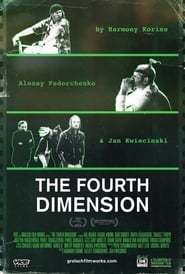 Created under a manifesto whose directives...
Created under a manifesto whose directives...The Fourth Dimension 2012
Created under a “manifesto” whose directives would make Lars von Trier shudder, this three-part film might look on paper like an exercise in forced hipness. Fortunately, its directors – Harmony Korine (USA), Alexsei Fedorchenko (Russia) and Jan Kwiecinski (Poland) – prove innovative and just insane enough to make The Fourth Dimension an exhilarating experiment.
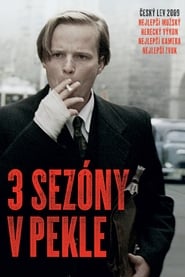 A 19 year old nonconformist poet living...
A 19 year old nonconformist poet living...3 Seasons in Hell 2009
A 19 year old nonconformist poet living in 1947 Czechoslovakia is blind to the Communist behemoth looking over him, and instead lives a bohemian life with sexually liberated girls.
 Tomek is 14 and a good student...
Tomek is 14 and a good student...Piggies 2009
Tomek is 14 and a good student. He's interested in astronomy and plays football to please his father. The only thing is, he lives in a poor little border town plagued by unemployment, whereas across the river lies Germany with all its relative affluence. Tomek meets Marta at a disco and falls in love with her. He starts to think up ways of earning money in order to keep her interested. He approaches a pimp who seeks out local boys for his German clients. Tomek has no idea of the brutal fate which awaits him.
 The true story of pianist Wadysaw...
The true story of pianist Wadysaw...The Pianist 2002
The true story of pianist Władysław Szpilman's experiences in Warsaw during the Nazi occupation. When the Jews of the city find themselves forced into a ghetto, Szpilman finds work playing in a café; and when his family is deported in 1942, he stays behind, works for a while as a laborer, and eventually goes into hiding in the ruins of the war-torn city.
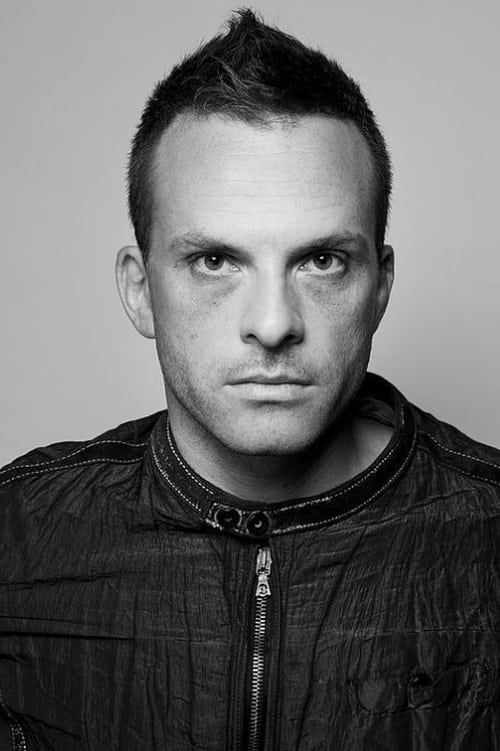
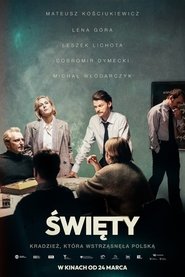 Story of an investigation into the...
Story of an investigation into the... Satan Said Dance is an Instagram...
Satan Said Dance is an Instagram... Poland 1990 The first euphoric year of...
Poland 1990 The first euphoric year of... Gerda meets Little Robber Girl in...
Gerda meets Little Robber Girl in... Two gangsters fighting for influence in...
Two gangsters fighting for influence in...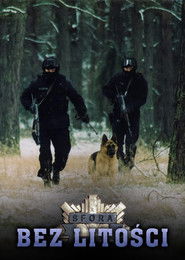 When a nototious gangster murders a...
When a nototious gangster murders a...